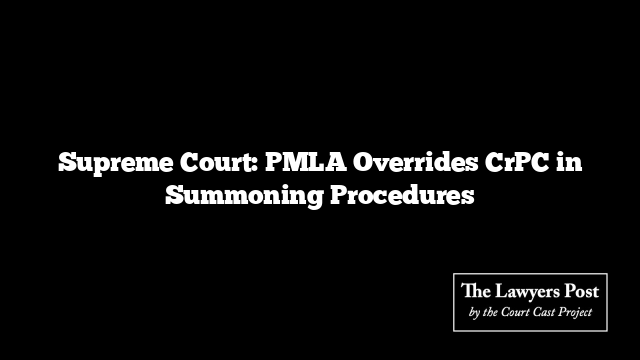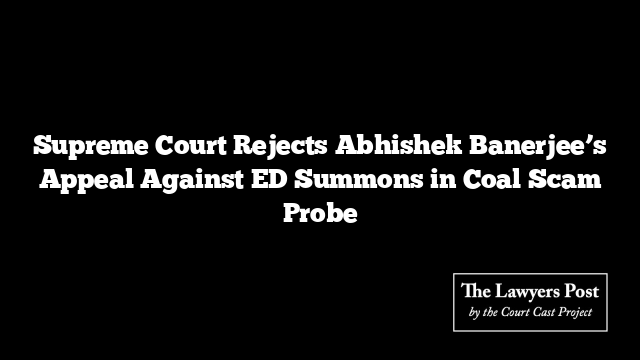In a landmark decision, the Supreme Court has ruled that an individual already in custody for one case can still apply for anticipatory bail in connection with a separate case. The Court emphasized that being in custody for one offense does not eliminate the possibility of arrest in another case, safeguarding the accused’s right to personal liberty.
A bench led by Chief Justice JB Pardiwala, along with Justice Manoj Misra, addressed the legal complexities of whether anticipatory bail can be granted when an accused is already detained for a different crime.
The ruling clarified several key points:
- Anticipatory Bail Validity: An accused can seek anticipatory bail for a different offense, provided they haven’t been arrested for that specific offense. If arrested, their recourse is to apply for regular bail.
- No Statutory Bar: The law does not prohibit a court from considering anticipatory bail even if the person is already in custody for another offense. This interpretation prevents the legal rights of the accused from being unnecessarily restricted.
- Independent Legal Rights: If an accused in custody for one crime faces arrest in a separate case, both the accused and the investigative agency maintain distinct rights under the law. The police can still seek remand for interrogation unless anticipatory bail has been granted for the subsequent offense.
- Court’s Limitations: The only legal restrictions on granting anticipatory bail are found in specific provisions, such as sub-section (4) of Section 438 of the CrPC, or statutes like the SC/ST (Prevention of Atrocities) Act.
- Apprehension of Arrest: Under Section 438 of the CrPC, a key condition for pre-arrest bail is the accused’s reasonable belief of imminent arrest, even if they are already in custody for another matter.
The judgment upheld the argument that personal liberty, as enshrined in the law, cannot be undermined without valid legal justification. It also dismissed concerns that granting anticipatory bail in such situations would lead to contradictions or absurd outcomes, ensuring that an accused’s rights remain protected under lawful procedures.





